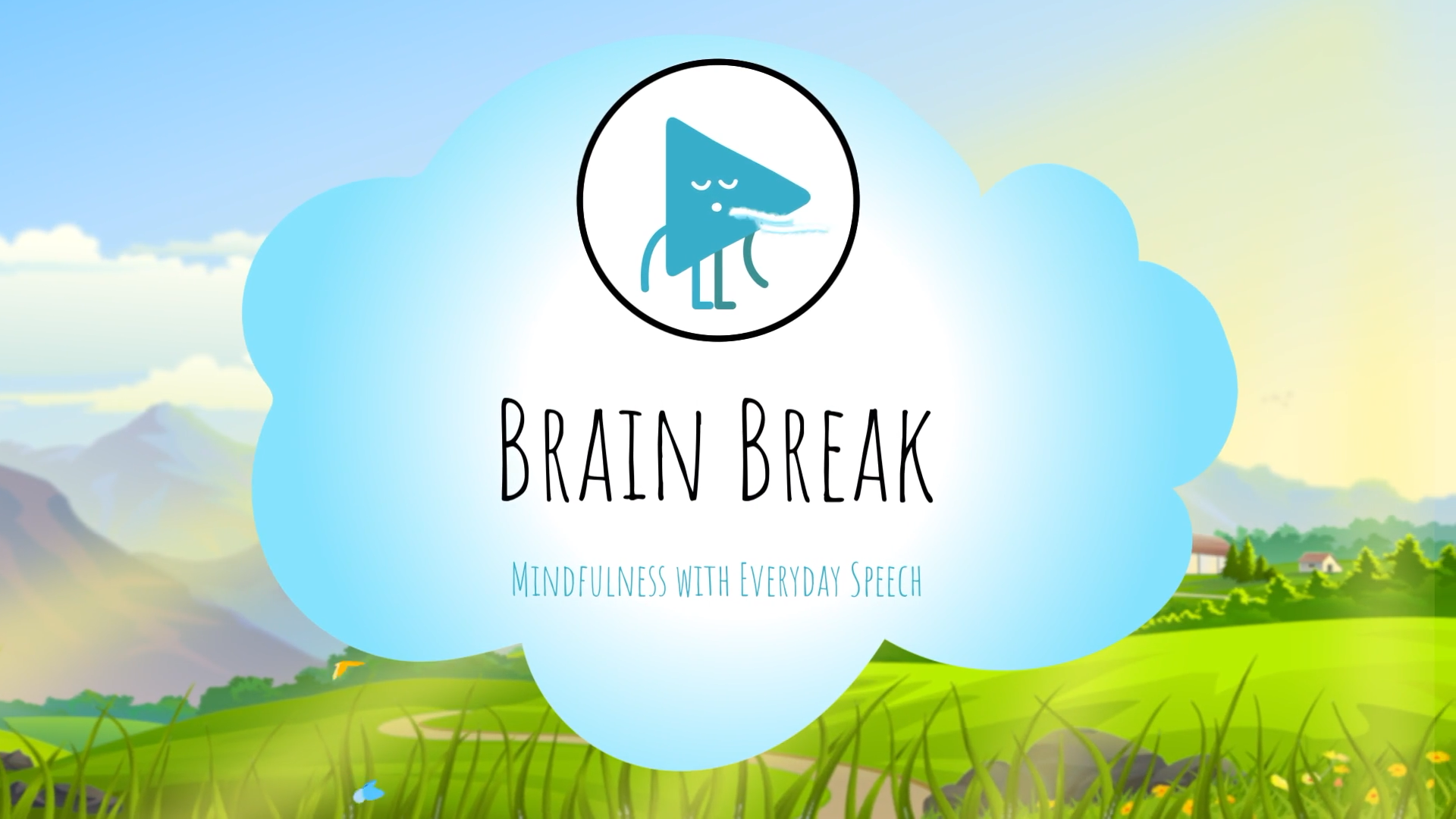Introduction
In special education, it’s essential to address the skills that help students stay focused, attentive, and engaged in learning. One such skill is the ability to utilize brain breaks effectively. This blog post will provide insight into the target skill, the role of specialists, and the development of SMART IEP goals to improve this skill.
Understanding Brain Breaks
Brain breaks are short, focused activities that help students recharge and refocus during the learning process. There are two types of brain breaks: Energizing Breaks and Relaxing Breaks. Energizing breaks involve physical activity, whereas calming breaks focus on concentration and mindfulness. Both types of brain breaks play a crucial role in improving students’ learning, social interactions, and overall wellbeing.
The Role of Specialists
Various specialists can support the development of brain breaks in students:
- Speech-Language Pathologists: They can help students improve their communication skills during brain breaks and facilitate group activities that promote social interaction.
- Social Workers: They can assist in identifying external factors affecting a student’s ability to focus and provide resources to address these issues.
- Psychologists: They can evaluate students’ cognitive abilities and recommend appropriate brain break activities based on individual needs.
- School Counselors: They can work with students to develop personalized strategies for implementing brain breaks effectively in the classroom.
IEP Goals for Brain Breaks
Here are some SMART IEP goals to improve the use of brain breaks in students:
- Goal: The student will independently initiate a calming brain break at least once per day when feeling overwhelmed or unfocused.
- Strategies/Activities: Teach students various breathing exercises, provide visual reminders in the classroom, and encourage self-monitoring of emotions.
- Goal: The student will participate in energizing brain breaks during class transitions or as directed by the teacher.
- Strategies/Activities: Introduce a variety of movement-based activities, establish a routine for transitions, and provide positive reinforcement for participation.
- Goal: The student will improve their concentration by utilizing a personal calming brain break at least twice per day.
- Strategies/Activities: Teach students different concentration techniques, create a designated quiet space in the classroom, and track progress through self-reflection.
Implementing and Measuring Progress
For successful implementation and progress measurement:
- Collaborate with specialists to develop personalized strategies.
- Involve students in goal-setting and self-monitoring.
- Regularly review and adjust IEP goals based on progress.
- Communicate with parents and caregivers about the goals and strategies.
Conclusion
Brain breaks play a significant role in enhancing students’ focus, attention, and overall wellbeing. By creating SMART IEP goals, collaborating with specialists, and involving students in the process, educators can effectively improve this target skill. We encourage you to apply these goals and strategies in your classrooms and invite you to explore more resources at Everyday Speech Sample Materials.








